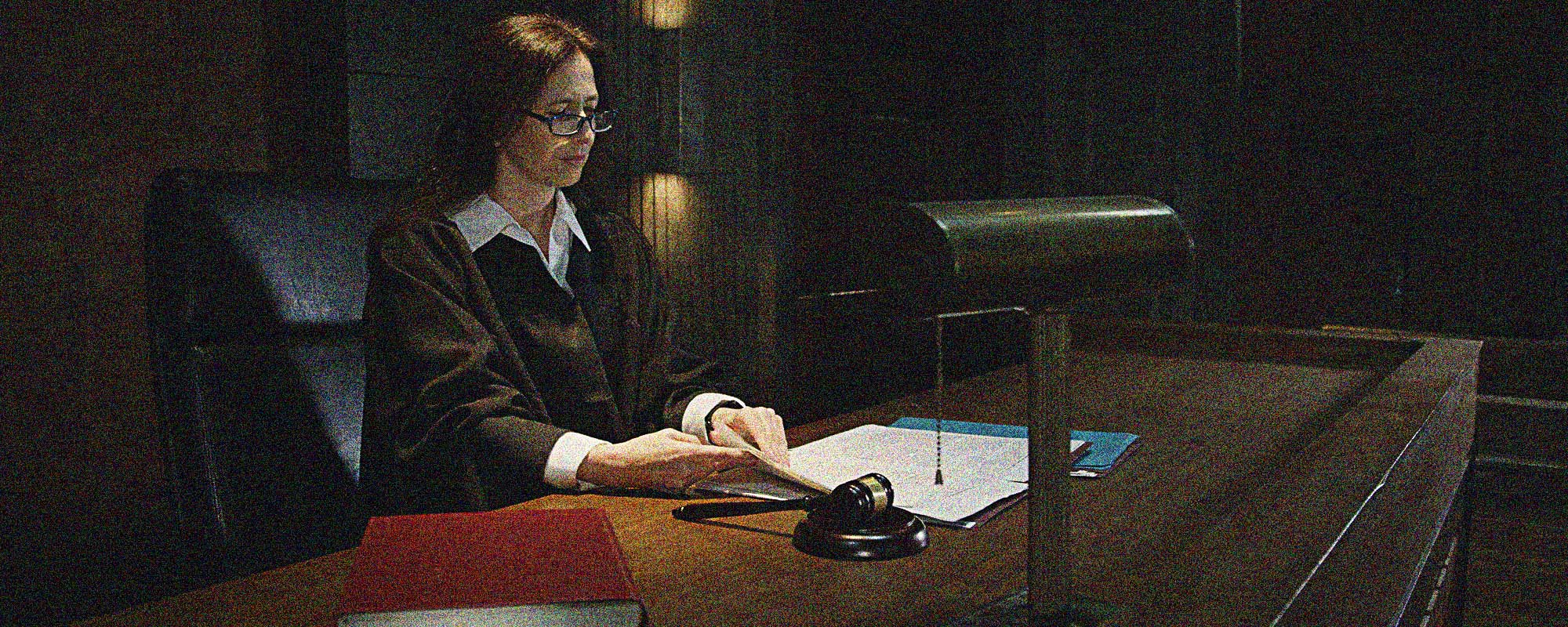Why did CCLA take the federal government to court to challenge its use of the Emergencies Act?
CCLA’s legal challenge was not about the protests in Ottawa – these included blockades, which had caused serious hardship to residents in Ottawa, and even greater harm to members of marginalized communities in the city.
CCLA’s concern and the basis for our challenge were about a government giving itself massive and extraordinary emergency powers that bypass the usual checks and balances of the democratic system. These powers may be necessary in extreme circumstances but are also dangerous for democracy and our rights and freedoms. Our position is that the blockades, while serious, were a policing issue. What concerned CCLA was the government’s use of the Emergencies Act. Emergency powers should not be normalized – they should be used sparingly and carefully to avoid government overreach and civil liberties violations.
When did the Emergencies Act come into effect?
The government invoked the Emergencies Act on February 14, 2022, and revoked it on February 23, 2022.
Is the Emergencies Act the same as the War Measures Act?
The Emergencies Act replaced the War Measures Act in 1988. Previously, the War Measures Act was used three times: during World War I, World War II, and the October Crisis of 1970. CCLA opposed some of the measures implemented under the War Measures Act in 1970 because of serious civil liberties violations at that time. CCLA helped push for reform to the War Measures Act, eventually resulting in the Emergencies Act. The Emergencies Act was intended to have a higher threshold for use and greater protection for civil liberties.
Did CCLA go to court in support of the truck convoy organizers?
CCLA went to court due to the unreasonable use of emergency powers and violation of civil liberties.
CCLA believes that protesting is an essential democratic tool for people fighting for many different issues. It is given constitutional protection through the Canadian Charter of Rights and Freedoms’ guarantees of freedom of expression, freedom of peaceful assembly and freedom of association. These rights cannot be limited unless there is a demonstrable need and justification, and only if the limit is as minimal as possible. CCLA did not object to dismantlement of the blockades in Ottawa, which had caused harm to residents of Ottawa, particularly to marginalized individuals and groups.
Is the right to protest more important than the rights of people living in the area?
CCLA believes that protesting is an essential democratic tool with constitutional protection. These rights cannot be limited unless there is a demonstrable need and justification, and only if the limit is as minimal as possible. CCLA did not object to dismantlement of the blockades in Ottawa, which had caused harm to residents of Ottawa, particularly to marginalized individuals and groups.
Does CCLA have any resources on protester’s rights?
You can check out our Know Your Rights Guide for protestors here.
Why did CCLA still go to court after the Public Order Emergency Commission?
The Commission and the Court play different roles in reviewing the Government’s decision to invoke the Emergencies Act. Both are checks on the government’s exercise of this extraordinary power.
The Commission’s mandate was to find out what led to the protests and what led factually to the invocation of the Emergencies Act.
While the Commissioner found that the threshold was met, he was clear that reasonable people could disagree with him and that he was not making a “strict legal finding”.
That was the role of the Court. The Court was looking at whether the legal definitions and legal threshold were met in invoking the Emergencies Act.
About the Canadian Civil Liberties Association
The CCLA is an independent, non-profit organization with supporters from across the country. Founded in 1964, the CCLA is a national human rights organization committed to defending the rights, dignity, safety, and freedoms of all people in Canada.
For the Media
For further comments, please contact us at media@ccla.org.





